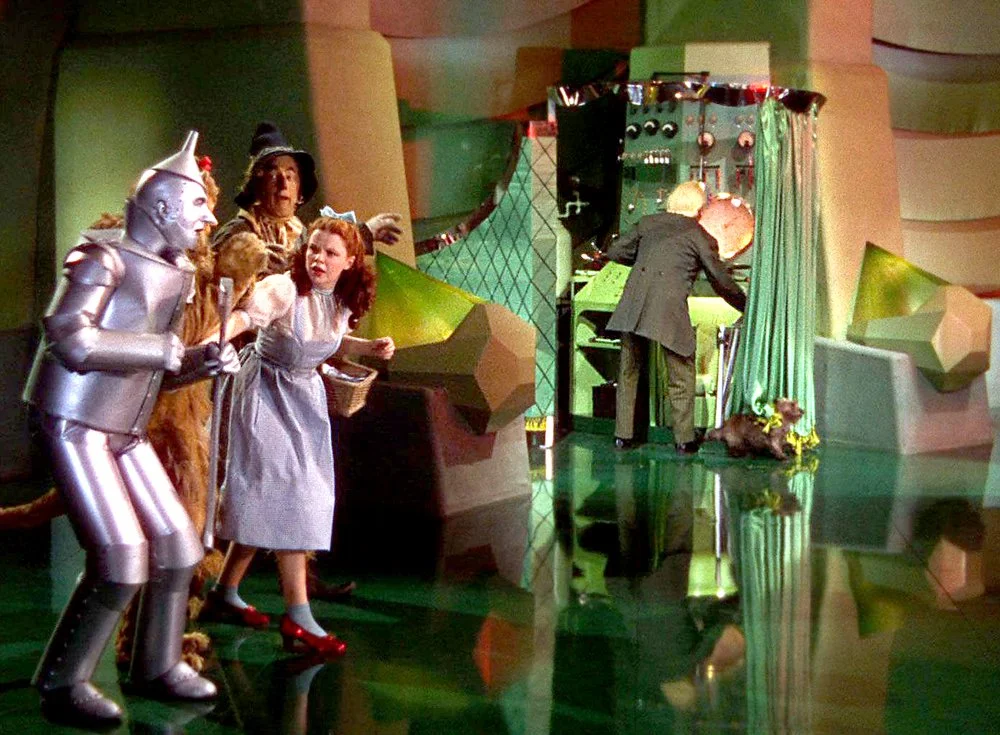VCs Don't Owe You a Response or a Follow Up
Recently, Lightspeed’s Mercedes Bent offered founders some reasons why a VC might ghost a founder. It was a perfectly reasonable explanation that basically boiled down to “VCs are busy” and “there’s no upside to hurting your feelings or getting into a debate”.
The post was met with a bunch of founders responses, mostly from men, that equated a lack of response with disrespect. Many answered her admission that VCs simply don’t have the time with, “Yes, you do have the time.”
Well, sorry guys, but VCs don’t owe you a goddamn thing—and especially not after they’ve already met with you. That was the time they had for you. They offered a meeting—no more and no less.
The fact that you didn’t spend the last few minutes of the meeting asking for specific feedback and posing the question of whether or not the VC was going to move this forward as a champion of the deal or at least whether they wanted to schedule a next call is your failure. When you’ve got any kind of a lead—be it for selling your product or selling your equity—and you let them go with no scheduled next step, you risk never speaking to them again.
That’s your problem, not theirs.
You can talk all you want about reputation, but I don’t know of a single instance of a VC that got access to a fund-returning deal because of a really thoughtful pass e-mail they sent in the past. Is it possible that they’re missing out on a deal from a founder because they ghosted the last deal? Maybe, but I also don’t know too many times where you pass on a founder’s first company and then get pitched again for the second. It happens, but it’s not so frequent that it makes it worth the investment to send thoughtful follow ups to everyone.
What I tried to do as a VC was pass right there in the meeting if I knew it was a no, negating the need for a follow up—or to immediately schedule a next meeting if I wanted to know more. The latter is easier to do as a solo GP who doesn’t need team approval. Still, it was rare that a founder pushed me to do one or the other in a meeting and I think that’s a massive failure on behalf of anyone pitching.
Never end a VC call without an immediate next step. Relying on the VC to follow up and then getting annoyed with them if they don’t isn’t how you’d want your own sales team acting when selling your product, so why are you fundraising with that approach?
Before you close out a pitch, with five minutes left, ask the following:
“Thanks for your time. My goal in pitching was to convince you of X, Y and Z… because I think if someone believed those things, they’d want to be an investor. Do you think that’s the right way to look at this? Did I convince you enough to setup another call?”
If they say they need to talk to their team, ask, “Are you going to talk to them as a champion of the deal or are you just double checking to see if someone else thinks you missed something in assuming this is a pass?”
The more direct you can be and the more information you have, the more efficiently your raise will go.
For more tough fundraising love to hear what others aren’t saying, feel free to schedule a 1:1 session with me here.




